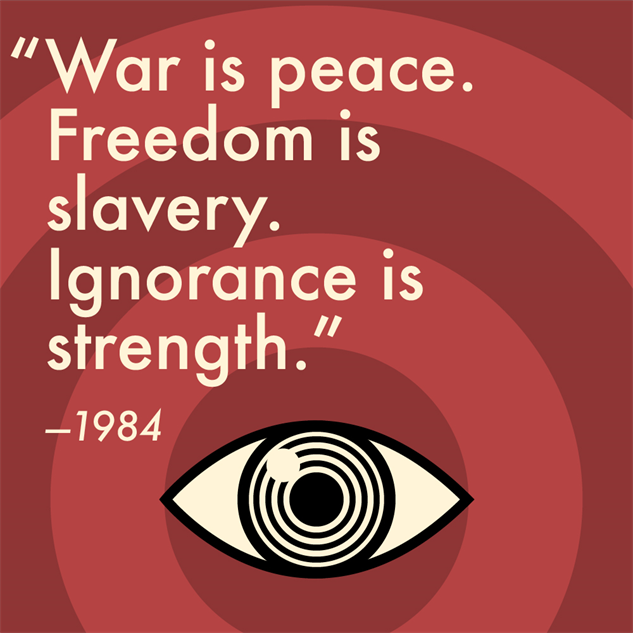I must admit that today's blog can be somewhat depressing, but I need you to hang in there until the next blog where we will discuss learning how to bond. Today, we will look at symptoms of failure to bond and barriers to bonding.
Before we get started let me share this verse with you from 1 Corinthians 15:19, " If in Christ we have hope in this life only, we are of all people most pitied. Remember, our full sanctification will never be completed on this side of heaven, it is only at death where we will come into our full salvation.
I will present the three stages of of isolation that people go through who can't make emotional attachments:
- Protest: Because we were created as relational beings we have an insatiable desire to bond. Those who do not make emotional connections live in a state of perpetual hunger. They cry inwardly for a need that is not being met. They protest their lack of relationship with God and with others. They feel sad and angry.
- Depression and Despair: If the isolation lasts too long without relief, the protesting person will slide into depression and despair.
- Detachment: If depression and despair continue the next stage that an isolated person experiences will be detachment. Dr. Cloud describes this last stage as: " People who reach this stage are detached both from their own need for others and from the outside world. They are out-of-touch with themselves at a very rudimentary level; at times they not longer even feel alive." Have your ever known anybody who cut themselves?---They usually will tell you that the reason they do it is to "feel alive."
SYMPTOMS OF FAILURE TO BOND
I'll just list some of the symptoms that Dr. Cloud lists and them make brief comment on each one.
- Depression: Depression is described as a psychiatric disorder marked by sadness, inactivity. difficulty with thinking and concentrating.
- Feelings of Meaninglessness: Those who do not bond often feel a deep sense that life is meaningless. One single man as Dr. Cloud notes shared with him, " I work hard to make a lot of money and be successful, but it doesn't mean much. I don't have anyone to share it with. I feel empty."
- Feelings of Badness and Guilt: Dr. Cloud notes that, " an isolated self is a bad self. In reality. isolated people who fail to bond aren't bad; they just think they are bad." Lonely people feel unloved and that can translate as " I'm not loved because I'm a bad person."
- Distorted Thinking: Emotional isolation eventually results in paranoia. Paranoia is described as a mental disorder characterized be excessive or irrational suspicion and distrust of others. Those with this distorted thinking pattern often feel that the world must really be the same way that they feel inside, which is pain, hurt, and emptiness. When an individual takes what he/she is feeling on the inside and reasons that this is the reality for the outside world the psychological word that is used is called projection.
- Fears of Intimacy: Those who have not created connectedness with God and others will fear intimacy and try to avoid it at all costs. We all fear things that we are not familiar with, just makes sense.
BARRIERS TO BONDING
Past Injury: If in the past we have experienced emotional trauma and this trauma is left unresolved there will be a barrier in our lives that will prevent us from bonding. When our trust is violated our ability to be open and vulnerable with others is seriously injured.
Denial: Dr. Cloud defines denial as the psychological defense mechanism in which people avoid confronting a person a problem or reality by denying its existence ." Very close to denial is minimization---this is where the problem is minimized and made to be "not a really big deal." If we don't bring past hurts out in the open we can never reach the healing waters of grace where there is full healing.
Idealization: Dr. Cloud notes, " People who have trouble falling or staying in love sometimes suffer from idealization. They search for an ideal partner, who will fulfill all of their needs. This "fantasy" makes up for their being without. A very lonely person can get lost in fantasy, but the idealizer is really looking for his or her "ideal" other."
Wow, lots of negative stuff, but we know because of the fall life has become extremely messy. Our next post gives some hope; as I will present ways of learning how to bond.




No comments:
Post a Comment